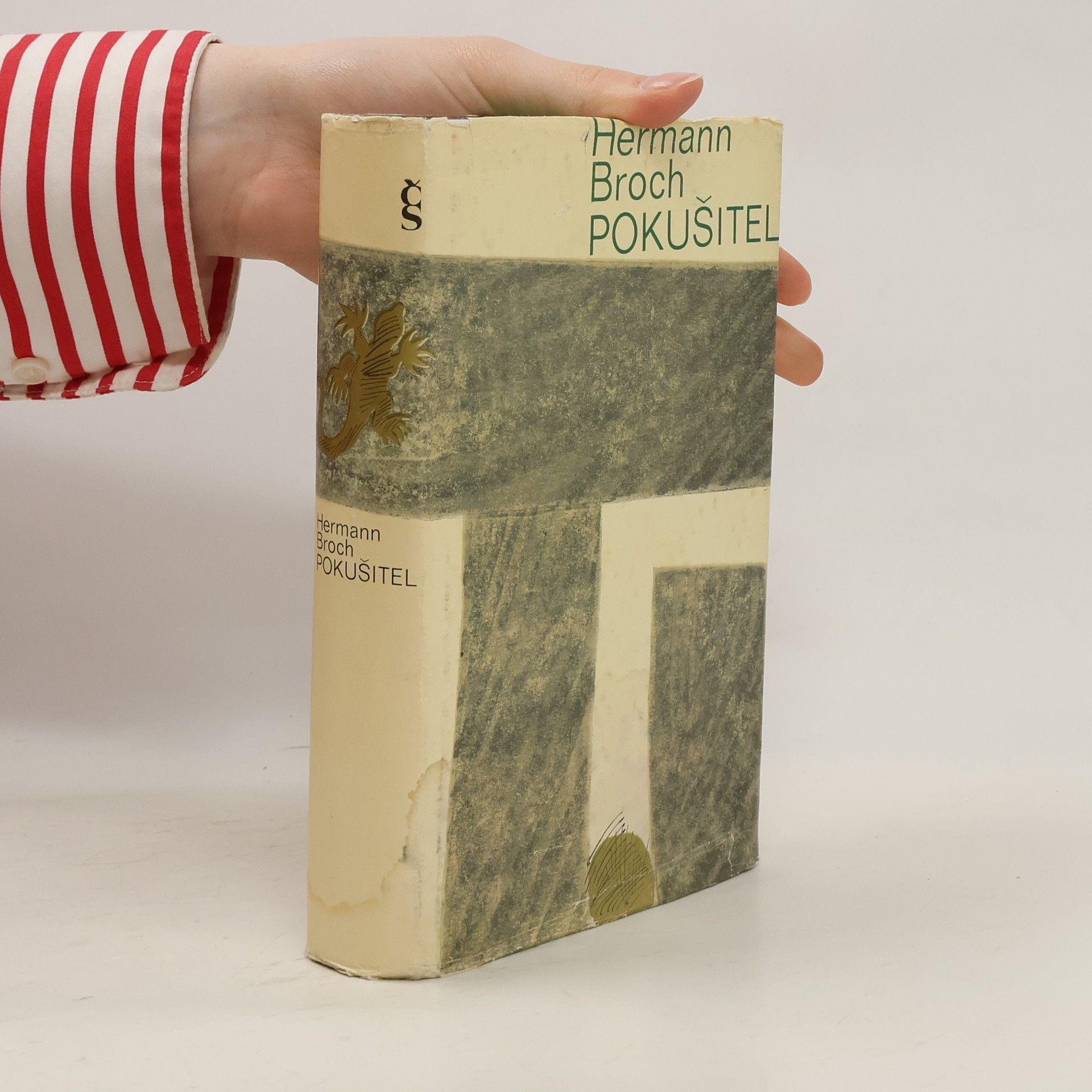Hermann Broch Boeken
Hermann Broch wijdde zich pas op veertigjarige leeftijd volledig aan de literatuur, na aanvankelijke ervaringen in het textielbedrijf van zijn familie. Zijn werk wordt gekenmerkt door een diepe interesse in psychologie, filosofie en wiskunde, die terug te vinden zijn in zijn modernistisch werk. Hij blinkt uit door een precieze stijl en de exploratie van complexe thema's van het menselijk bestaan. Broch wordt beschouwd als een van de belangrijkste auteurs van zijn tijd.

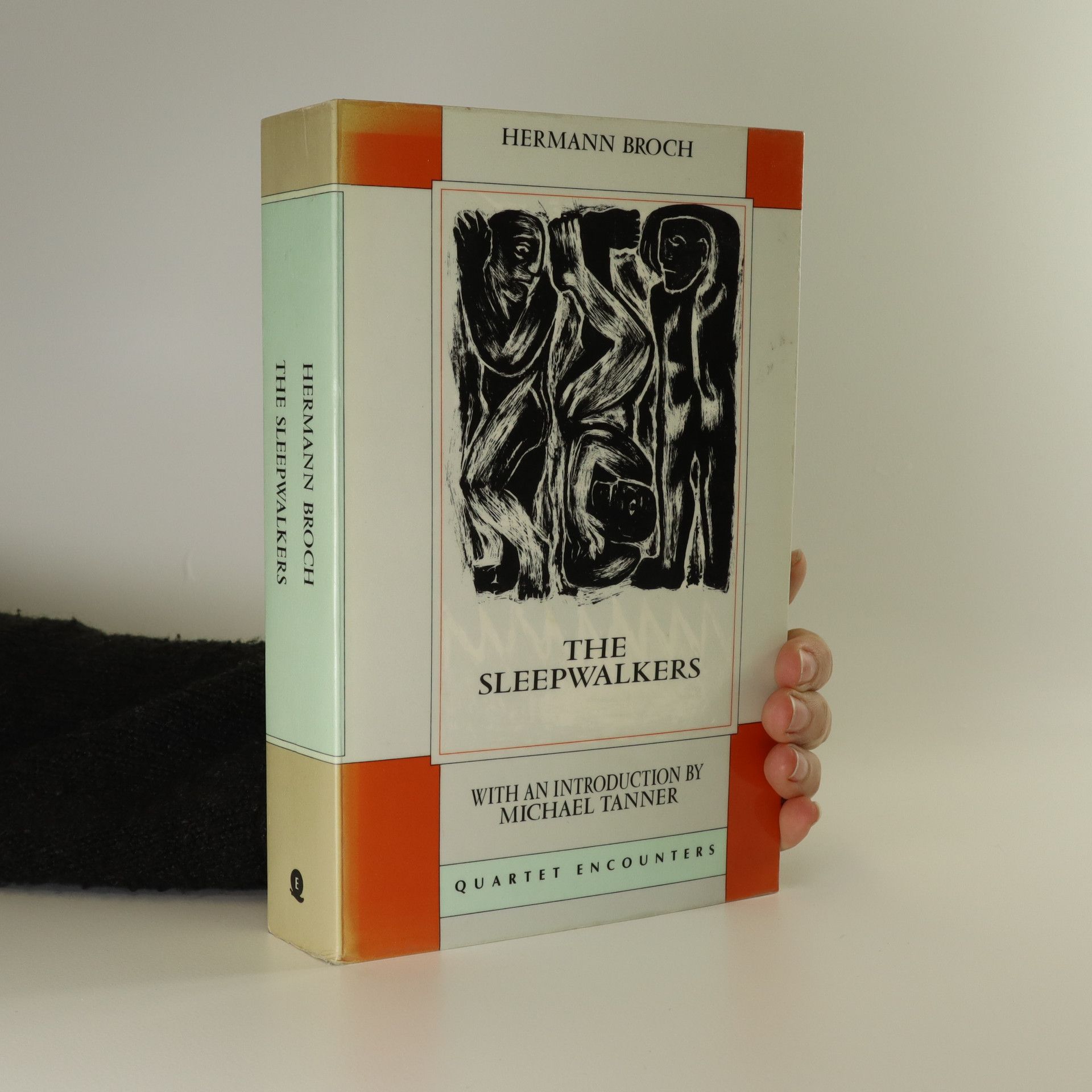
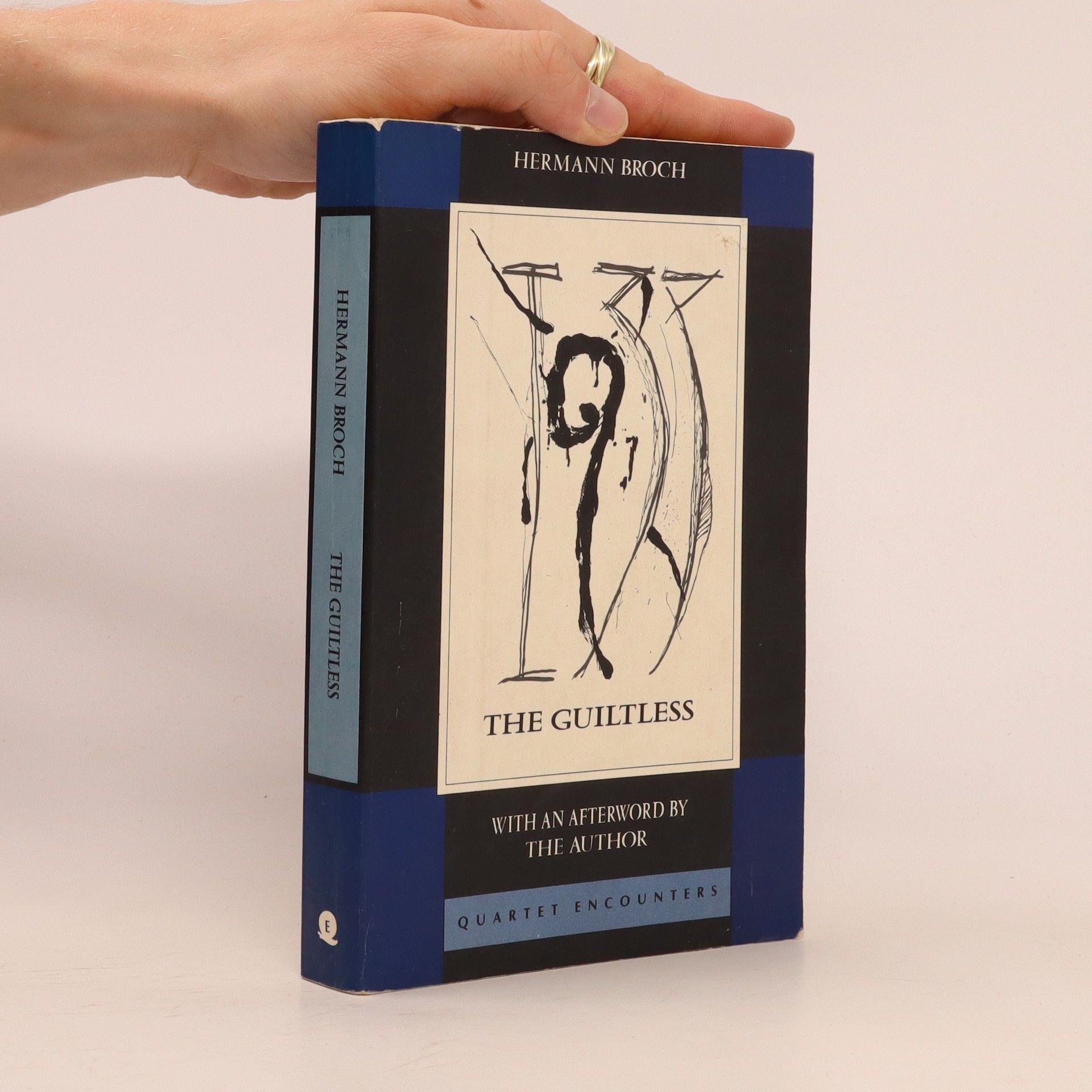


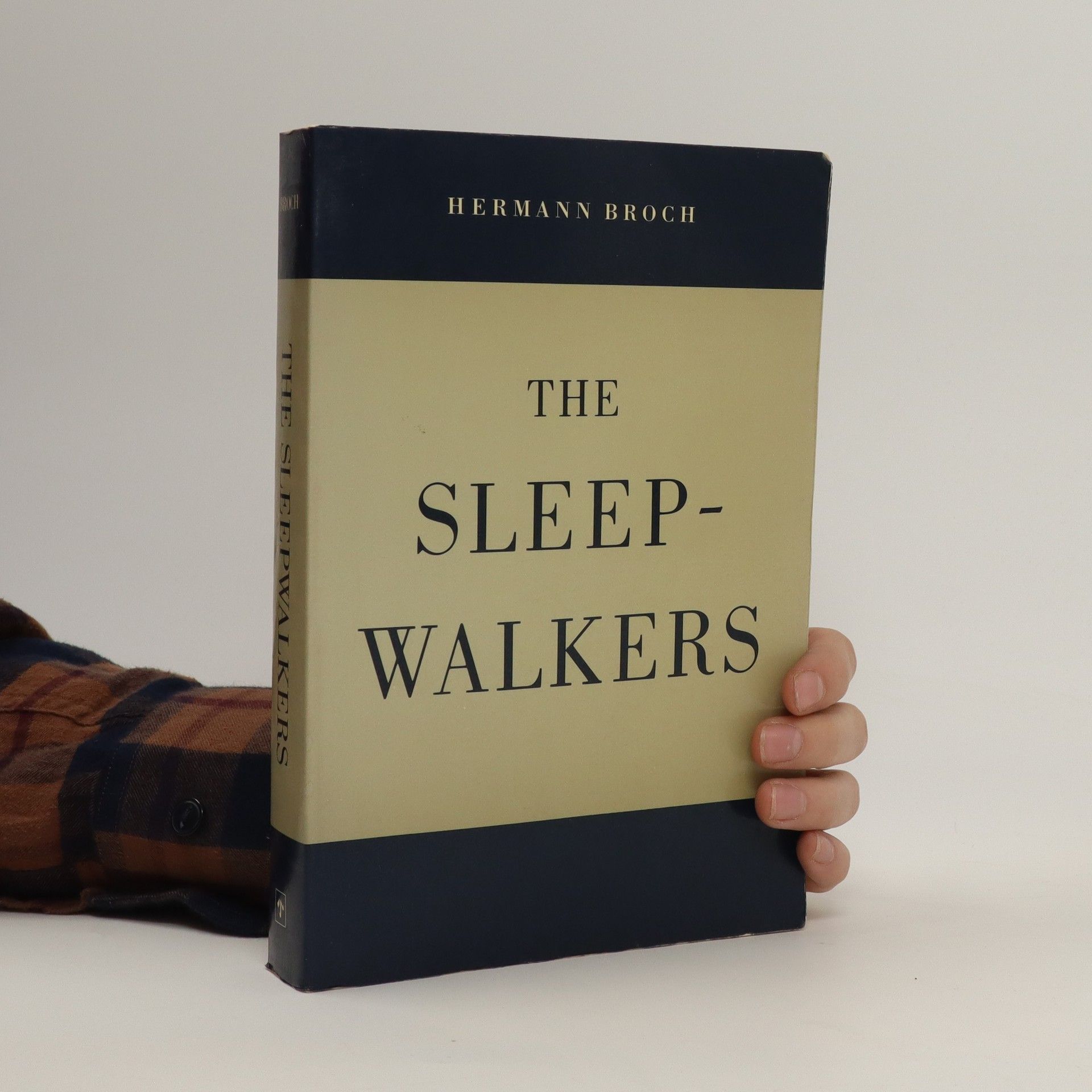
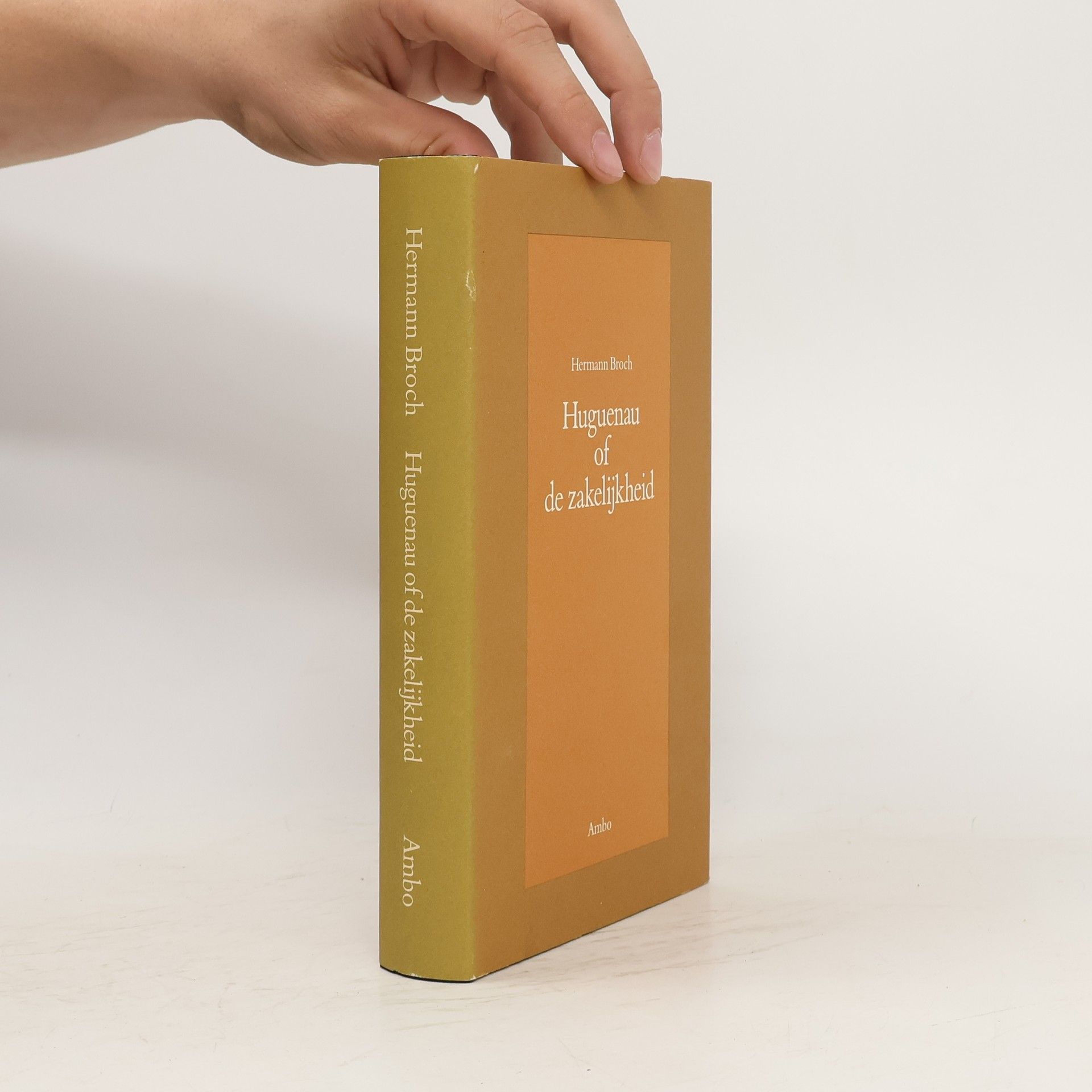
Broch's influential trilogy examines the "loneliness of the I" stemming from the collapse of any sustaining system of values, with three stories ranging from the aristocracy to the working classes in Germany during the years prior to the First World War
It is the reign of the Emperor Augustus, and Publius Vergilius Maro, the poet of the Aeneid and Caesar's enchanter, has been summoned to the palace, where he will shortly die. Out of the last hours of Virgil's life and the final stirrings of his consciousness, the Austrian writer Hermann Broch fashioned one of the great works of twentieth-century modernism, a book that embraces an entire world and renders it with an immediacy that is at once sensual and profound. Begun while Broch was imprisoned in a German concentration camp, The Death of Virgil is part historical novel and part prose poem -- and always an intensely musical and immensely evocative meditation on the relation between life and death, the ancient and the modern.
Murder, lust, shame, hypocrisy, and suicide are at the center of The Guiltless, Hermann Broch's novel about the disintegration of European society in the first three decades of the twentieth century. Broch's characters -- an apathetic man who can barely remember his own name (Broch mostly refers to him as A.); a high-school teacher and his lover who return from the brink of a suicide pact to carry on a dishonest relationship; Zerline, the lady's maid who enslaves her mistresses, prostitutes the young country girl Melitta to gentleman A., and metes out her own justice against the "empty wickedness" of her betters -- are trapped in their indifference, prisoners of a sort of "wakeful somnolence". These men and women may mention the "imbecile Hitler", yet they prefer a nap or sexual encounter to any social action. In Broch's mind this kind of ethical perversity and political apathy paved the way for Nazism.Broch believed that writing can purify, and by revealing Germany's underlying guilt he hoped to purge indifference from his own and future generations. In The Guiltless, Broch captures how apathy and ennui -- very human failings -- evolve into something dehumanizing and dangerous.
"Das Buch schildert die letzten achtzehn Stunden des sterbenden Vergil, beginnend mit seiner Ankunft im Hafen von Brundisium bis zu seinem Tod am darauffolgenden Nachmittag im Palast des Augustus. Obwohl in der dritten Person dargestellt, ist es ein innerer Monolog des Dichters. Es ist daher vor allem eine Auseinandersetzung mit seinem eigenen Leben, mit der moralischen Richtigkeit oder Unrichtigkeit dieses Lebens, mit der Berechtigung und Nichtberechtigung der dichterischen Arbeit, der dieses Leben geweiht war." Hermann Broch
Rakouský analytik a diagnostik rozkladu hodnot začal tento svůj poslední román psát v 30. letech, kdy se intenzívně zabýval událostmi v Německu, a dotvářel jej ještě ke konci života, kdy spisoval dílo o psychologii mas. Na příběhu jednoho roku v zapadlé alpské vesnici podává nepřímo pronikavou analýzu fašismu. Přivandrovalý fanatik rozdělí vesnici na dva tábory: slabochy podlehnuvší davovému šílenství a hrstku osob, jimž duch, rozum a srdce pomohou vzdorovat.
Hofmannsthal und seine Zeit
- 262bladzijden
- 10 uur lezen
„»›Mythisch ist alles Erdichtete, woran du als Lebender Anteil hast. Im Mythischen ist jedes Ding durch einen Doppelsinn, der sein Gegensinn ist, getragen: Tod = Leben, Schlangenkampf = Liebesumarmung. Darum ist im Mythischen alles im Gleichgewicht.‹ Diese Worte stehen in Hofmannsthals Buch der Freunde , und sie melden die Problemkonstanz, die dem Hofmannsthalschen Leben und seiner Arbeit eine unverbrüchlich eigensinnige Richtung gegeben hat; unverbrüchlich hat er sich um die Stellung des Menschen im Kosmos und um das ethische Gleichgewicht bemüht, das zwischen Ich und Sein etabliert werden soll, auf daß das Menschenleben zur Einheitlichkeit werde.« Indirekt vergegenwärtigte sich Hermann Broch mit seiner Hofmannsthal-Studie von 1947/48 aus dem amerikanischen Exil heraus die eigene Jugend in Wien. Hofmannsthal und seine Zeit ist ein autobiographisches Buch vor allem in dem Sinne, daß es die Summe seiner kulturkritischen Schriften darstellt. “

